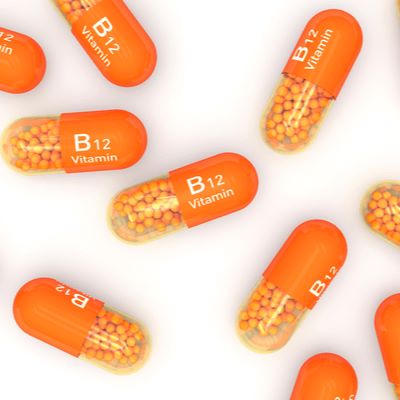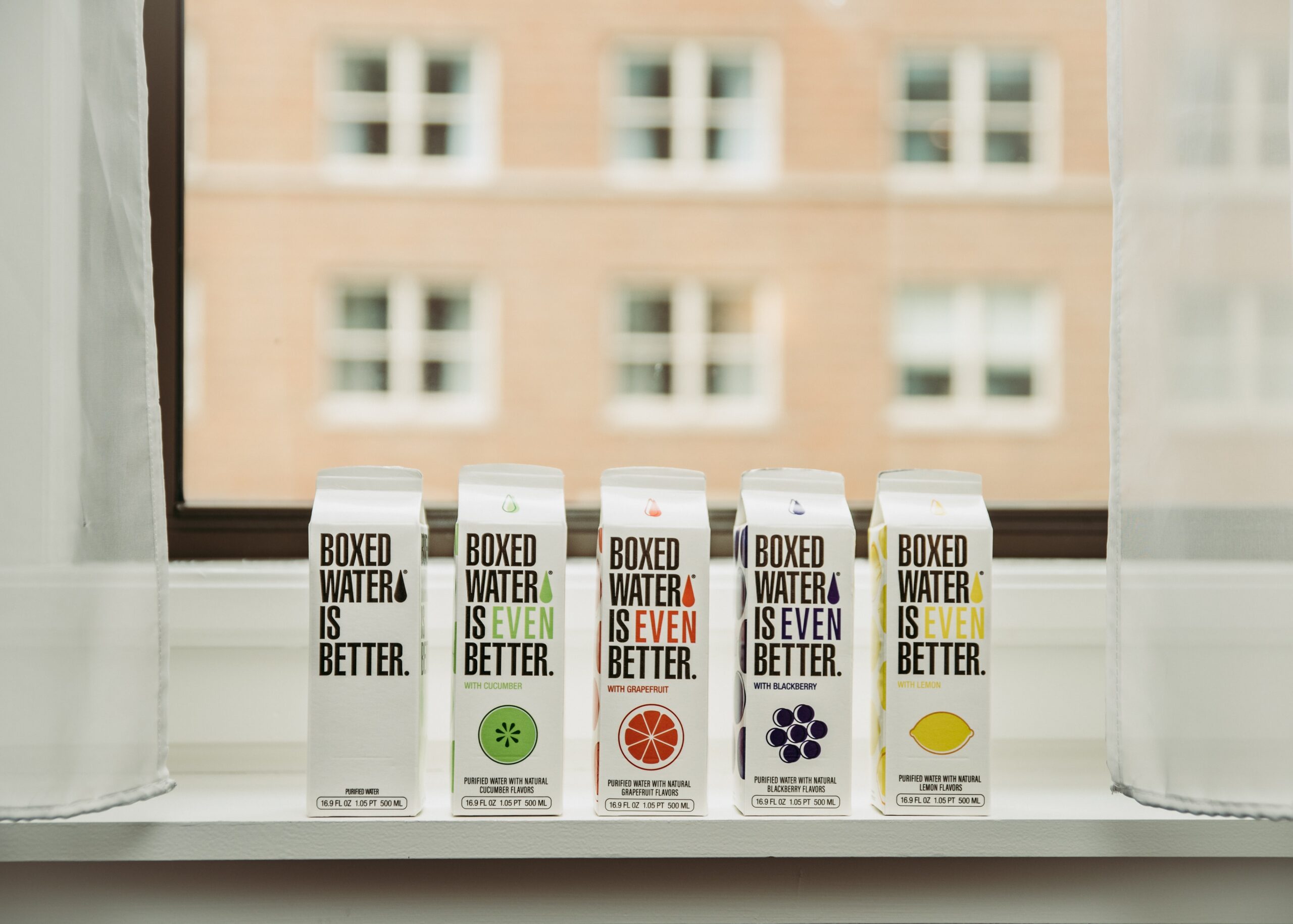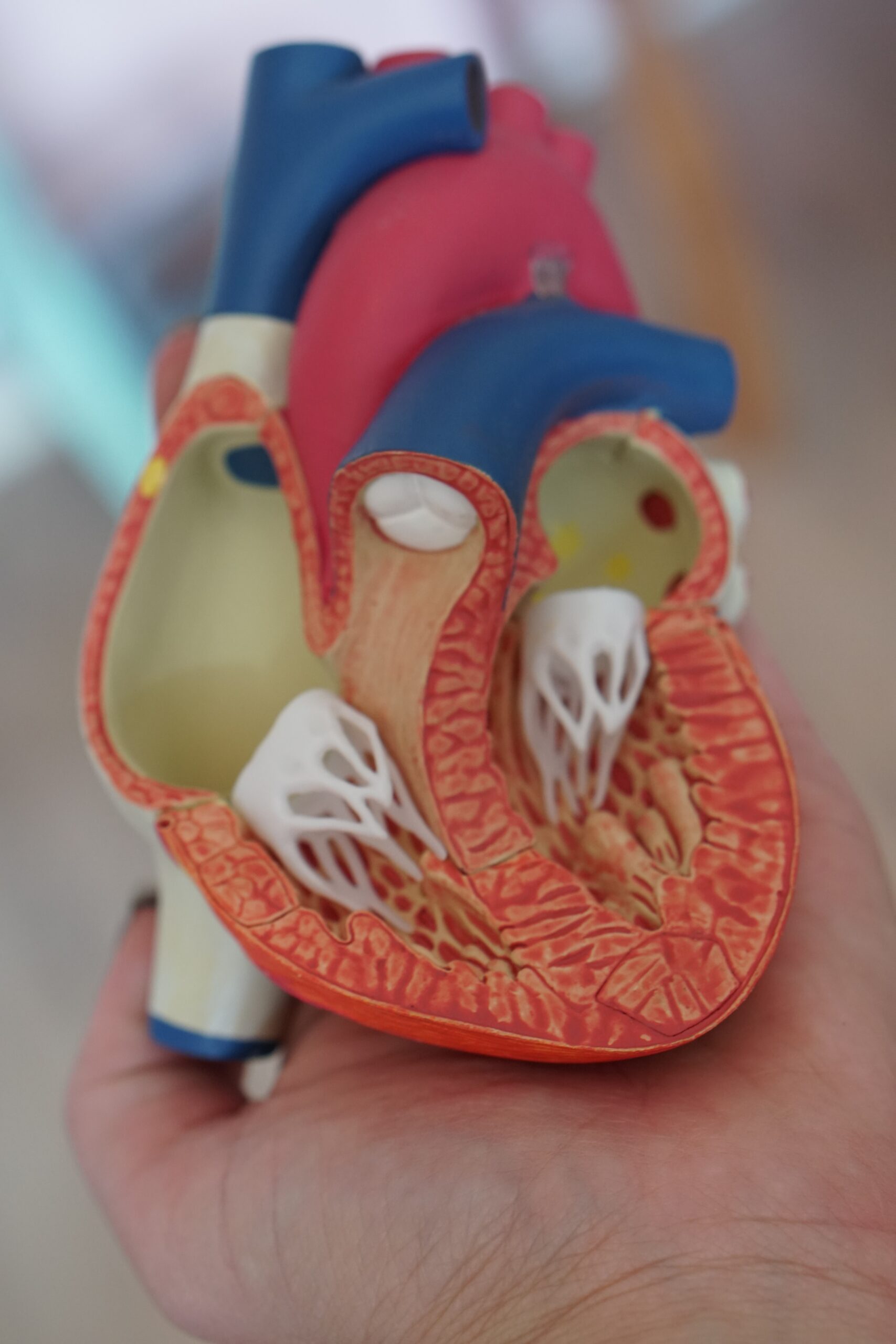The Marvelous World of Vitamin B12: Facts, Deficiency, Symptoms, and Treatment

The Powerhouse Vitamin: B12
Vitamin B12, also known as cobalamin, is an essential nutrient that plays a crucial role in various bodily functions. From energy production to nerve cell health, this remarkable vitamin is a true superhero in the world of nutrition.
Where Can You Find Vitamin B12?
Unlike some other vitamins, B12 is not naturally produced by the human body. So, we need to get it from external sources. The primary sources of this vitamin are animal products such as meat, fish, eggs, and dairy. However, for those following a plant-based diet, fear not! There are also plant-based alternatives like fortified cereals, nutritional yeast, and plant-based milk.
The Consequences of B12 Deficiency
A deficiency in vitamin B12 can lead to a variety of health problems. Since it is involved in the production of red blood cells, a lack of B12 can result in anemia, causing fatigue, weakness, and shortness of breath. It can also affect the nervous system, leading to symptoms such as tingling sensations, numbness, and difficulty with balance and coordination.
Who’s at Risk?
While anyone can develop a B12 deficiency, certain groups are more prone to it. Vegetarians and vegans, for example, may struggle to get enough B12 from their diet alone. Older adults, as well as individuals with gastrointestinal disorders or those who have undergone weight loss surgery, may also have a higher risk of deficiency.
Recognizing the Symptoms
Identifying a B12 deficiency can be challenging since the symptoms can be vague and easily attributed to other causes. However, some common signs to watch out for include fatigue, weakness, pale skin, dizziness, mood changes, and memory problems. If you experience any of these symptoms, it’s important to consult with a healthcare professional for a proper diagnosis.
Tackling the Deficiency: Treatment Options
The good news is that B12 deficiency is easily treatable. The most common treatment is through B12 injections or oral supplements. Injections are often recommended for severe cases or when absorption is an issue. However, for mild deficiencies, oral supplements are usually sufficient.
Prevention is Key
As the saying goes, prevention is better than cure. To avoid B12 deficiency, it’s important to ensure you’re getting enough of this vital nutrient. Incorporating B12-rich foods into your diet is a great start. If you’re following a plant-based diet, make sure to include fortified foods or consider taking a B12 supplement. Regular check-ups with your healthcare provider can also help identify any deficiencies early on.
Vitamin B12 is a true marvel of nature, with its role in energy production, nerve cell health, and red blood cell formation. While deficiency can lead to various health problems, the good news is that it’s easily preventable and treatable. So, let’s embrace the power of B12 and ensure we’re giving our bodies the nourishment they need!




